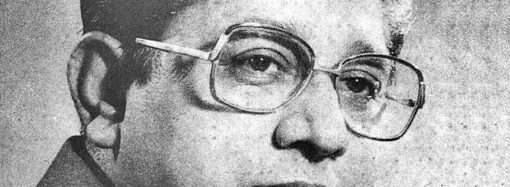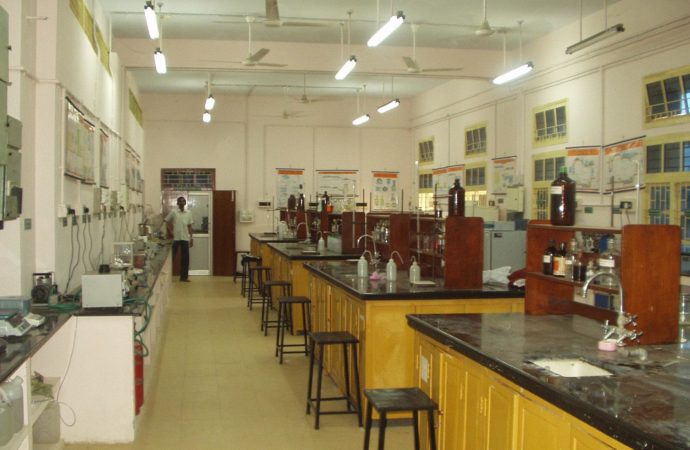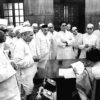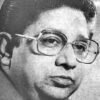Indian Institute of Technology (IIT-Kharagpur) through its two new laboratories will now contribute in the operational management of infrastructure of tier 2 and tier 3 cities.
Indian Institute of Technology (IIT-Kharagpur) through its two new laboratories will contribute in the operational management of infrastructure of tier 2 and tier 3 cities, the institute stated in a statement on Monday. The two laboratories namely the Infrastructure Evaluation Laboratory Infrastructure Monitoring and Analytics Laboratory were recently inaugurated at the Ranbir and Chitra Gupta School of Infrastructure Design and Management of IIT-Kharagpur, the statement said.
The laboratories will collect practical data about the health of bridges, buildings, and roads as well as traffic, air quality, and temperature, the statement added. The data hence collected will be used to carry out modeling, analytics, and simulation to formulate management policies, it said.
The data collected will be mapped and used for carrying out analytics, modeling and simulation to formulate management policies, it said. Head of the School, Prof Bhargab Maitra, said that if the project is successful at IIT-Kharagpur campus, the institute will scale it up to town and city levels. “We will collect data using devices such as video cameras and sensors. The entire campus will become an experimental lab. Various departments will be able to access the data to develop meaningful solutions in different application domains such as traffic, water, solid waste management, energy, building and roads among others,” he said.
Institute Director, V K Tewari said that there is an enormous scope for collaborative activities between public and private bodies for civic and infrastructure management. “Today, all management and policy decisions are evidence-based. So, getting real-time accurate data — both location and time-wise — is very important,” he said.


















Leave a Comment
Your email address will not be published. Required fields are marked with *